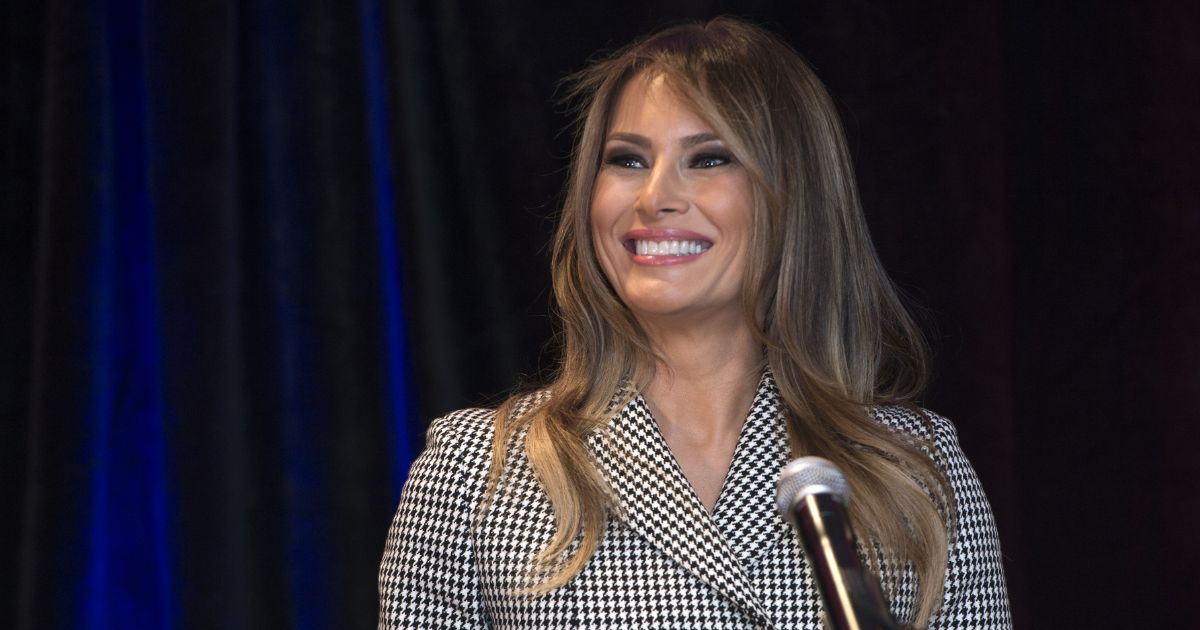Stephanie Winston Wolkoff, once a confidante to Melania Trump, has reignited her public break with the former first lady, accusing her of complicity in the Capitol attack’s aftermath and, in her words, having “blood on her hands.” In a searing Daily Beast op-ed published days after the January 6 riot, Winston Wolkoff argued that Melania’s “silence and inactions” made her part of the problem. “I wish I could say I was shocked by President Trump’s actions, but sadly I can not, or say I don’t comprehend Melania’s silence and inactions, but pathetically, they are both expected,” she wrote.
Her piece casts Melania not as a bystander, but as a participant by omission. “Melania is simply an extension of her husband, just as hypocritical, speaking out of both sides of her mouth, when it suits her best,” Winston Wolkoff charged, adding that the couple would leave Washington “with no regrets, leaving dead bodies behind, and driving off to Mar-a-Lago without looking back.” The commentary landed at a moment when the country was still processing the deadly breach of the Capitol, an attack that left multiple people dead and hundreds injured.
Winston Wolkoff, a longtime New York events planner who served as an unpaid East Wing adviser before a bitter split, framed her critique as the moral conclusion of a friendship gone wrong. She wrote that she had once “enabled” Melania, then felt compelled to tell what she calls the unvarnished story of a woman who “controlled her image, created her fairytale narrative, and remained an enigma.”
In the op-ed, she pressed the point with a question aimed at parents, “Also, at this moment, when children are asking their parents why people destroyed our Capitol, what will be her answer? Will she continue the lies that it was antifa? Or will she tell the truth, which is, Trump lit the match that sparked the rioting and decimation.”
The grievances are rooted in years of proximity. Winston Wolkoff’s 2020 memoir, “Melania and Me,” chronicled their relationship and included secret recordings that later surfaced, including audio of the first lady venting about Christmas decorations and speaking about the conditions in migrant detention facilities. The tapes fueled a political firestorm, but also gave Winston Wolkoff documentary receipts for her broader claim that Melania’s public brand did not match her private posture.
Melania and her allies have pushed back hard. In an official response posted while she was still first lady, she dismissed her former friend as “someone who clung to me after my husband won the Presidency” and accused her of publishing “idle gossip trying to distort my character.” She also said excerpts of her own comments were presented “out of context,” a point her office and surrogates have repeated.
Stephanie Grisham, then the first lady’s chief of staff, was even blunter, saying of Winston Wolkoff’s tactics, “Anybody who secretly tapes their self-described best friend is, by definition, dishonest.”
Behind the rhetoric sits an unresolved debate about accountability. To Winston Wolkoff, Jan. 6 demanded a moral response from the East Wing that never came, and she anchored her indictment in that vacuum. To Melania’s camp, the criticism is opportunistic, an attempt to weaponize private moments and sell books.









